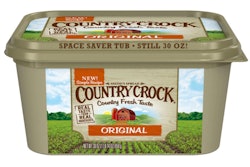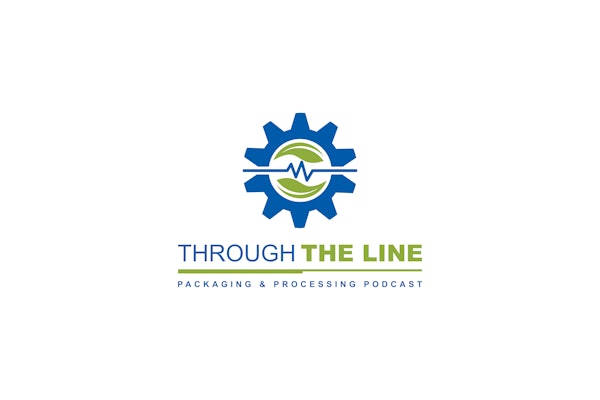
Because it’s technologically challenging and, thus far at least, it’s expensive. A key hurdle, as Packaging World contributor and Clemson University Professor Kay Cooksey pointed out in a recent Academic Angle column, has been scaling up from bench-top quantities in the lab to production quantities required for marketplace applications.
That being the case, it’s notable to hear that antimicrobial packaging is being used for a commercially available smoked trout product in Turkey. Sadly, the identity of the trout marketer is not available, so don’t look for a brand owner perspective in what follows. But the application is an intriguing one worth mentioning, even if the only details available at this point come from the two key suppliers. One is Turkish package maker Erze Ambalaj; among the biggest foam producers in Europe, it produces 60 tons of polystyrene daily in two factories. The other is antimicrobial resin supplier Parx Plastics and Additives.
Founded in 2012, Parx is headquartered in the Netherlands and operates a research and production facility in Italy. The firm says that its Sanipolymers™ represent “a revolutionary biocompatible technology to make plastic antimicrobial, reducing the bacteria up to 99% within 24 hours.” Its technology is based on biomimicry, which is to say it’s derived from nature. As the firm says on its website, “Nature can do amazing things, so why not make use of that to create sustainable solutions…”
The natural trace element zinc, an essential mineral present in food and vital in our daily diet, is the key to the Sanipolymers produced by Parx. The firm treats polystyrene granules in the reactor “at very specific conditions” to give them the desired antimicrobial properties. According to Parx, objects produced with Sanipolymer obtain antiseptic and antibacterial properties proven by tests according to ISO 22196 and JIS Z 2801 standards.



















